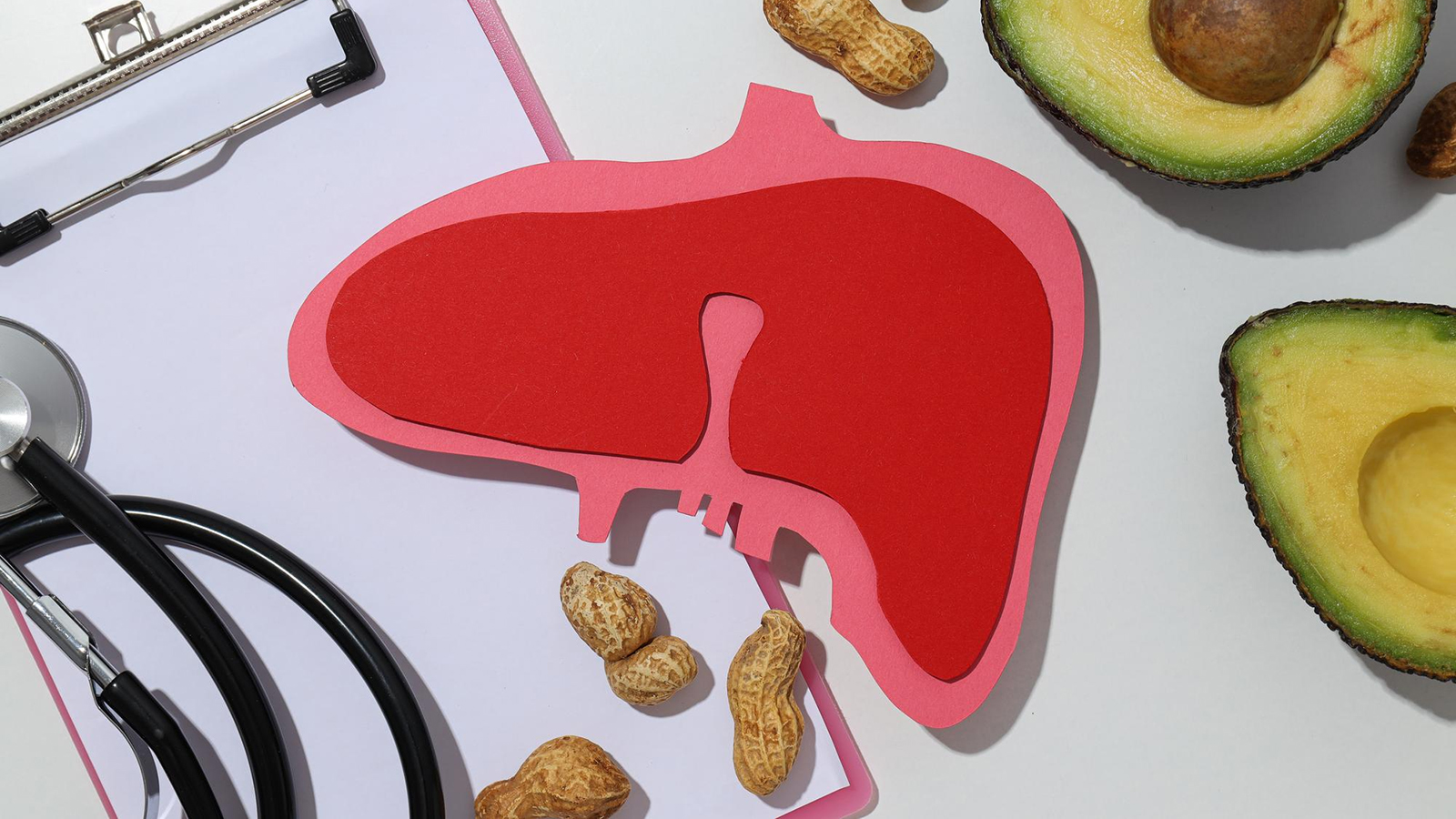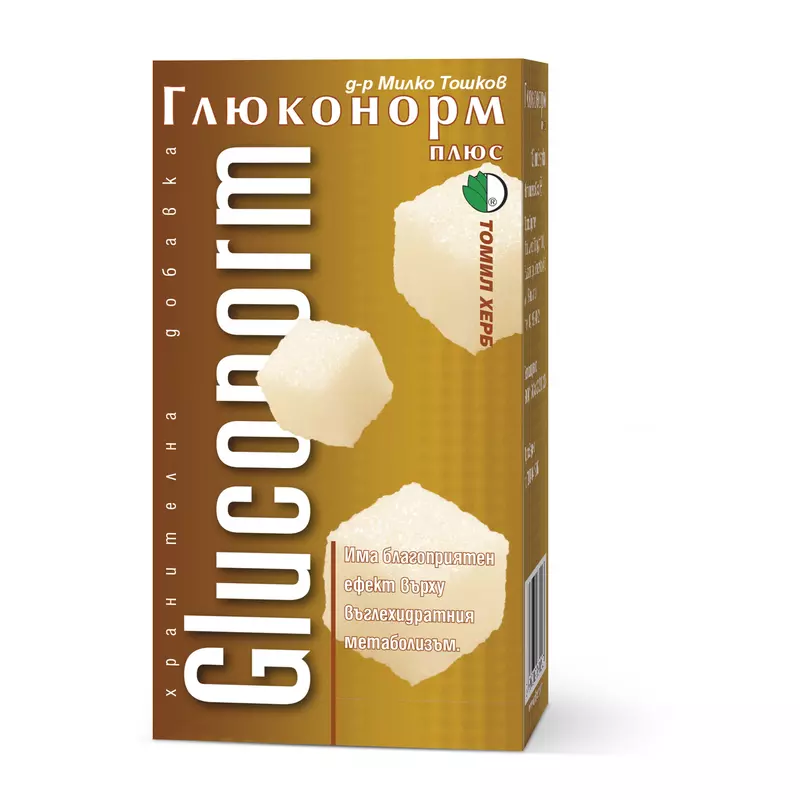Hepatitis is a Latin word and means liver inflammation, causing its cellular destruction. Dependent of the deceases' continuation, there a two types of hepatics:
- Acute hepatitis - lasting les than six months.
- Chronic hepatitis - lasting more than six months.
The acute hepatitis is characterized by violently inflammatory processes in the liver. Usually it is with exaggerated symptoms. Most often symptoms are: pain in the liver (right sub costal zone) , jaundice, darkness of the urine, whitening of the stools, fatigue, dizziness, vomiting and others. In more cases the acute hepatitis is cured with suitable treatment within 1 to 6 months. The main causes of acute hepatitis are:
- hepatitis virus - viruses of hepatitis A , hepatitis B, hepatitis C, hepatitis D, hepatitis E.
- Virus of: Infectious mononucleosis, cytomegalovirus etc.
- Alcohol intoxication
- Medicines: The most popular medicines, which lead to liver injury, are: Paracetamol (Fervex, Efferalgan, Paracetamol etc.), Halotan (it is used for pain relief during operation), tetracycline's (type of antibiotics) and others.
- Severe bacterial infections: brucellosis, leptospirosis and other
- Some parasites: Canine taenia (echinococcus), liver-fluke, amoeba and other. Poison mushrooms: white fly agaric an green fly agric.
- When liver inflammation is for more than six months the hepatitis goes into chronic stage. Characteristically for chronic hepatitis are periods of activating and subsiding. If this process is not stopped, there can be serious complications of chronic hepatitis.
The main causes of chronic hepatitis are:
- infection by hepatitis viruses - viruses of hepatitis B, hepatitis C, hepatitis D
- chronic alcohol intoxication
- medicines
- autoimmune hepatititis
- Inborn metabolic disturbances - comparatively rare diseases - Wilson-Konovalov disease.








